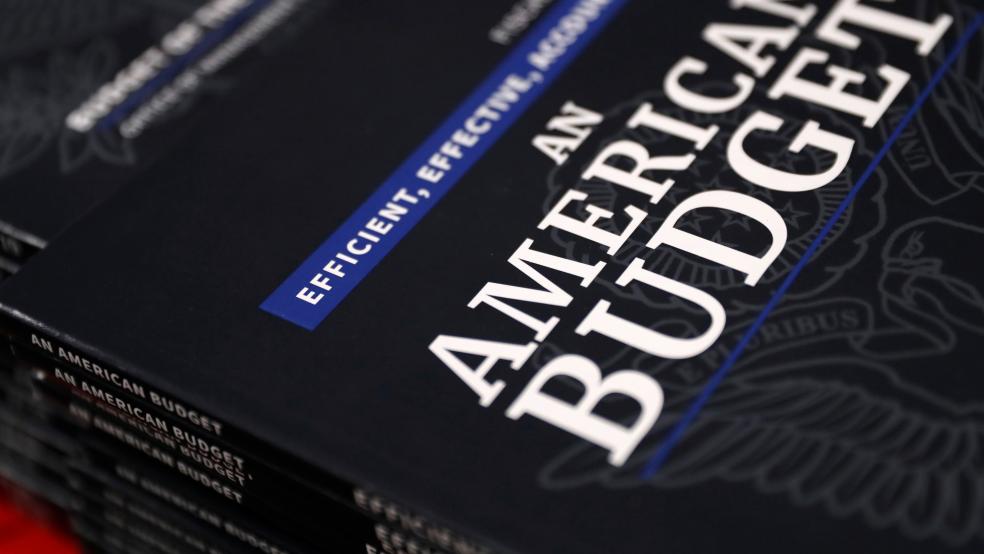The federal budget process is a costly mess. Alice Rivlin, a senior fellow at the Brookings Institution and former director of the Congressional Budget Office, summed up the recent dysfunction in testimony this week before the House Budget Committee:
“In recent years, the world’s most experienced democracy has spent enormous energy bickering over funding short-run discretionary spending for a few weeks or even days at a time; massively reduced future revenues in the face of rapidly increasing spending commitments; and given zero attention to restraining the growing national debt.”
Congress, as part of its recent budget deal, created a bipartisan committee made up of 16 members from the House and Senate tasked with producing recommendations to “significantly reform the budget and appropriations process.” And while some budget experts are skeptical — understandably, perhaps — that this reform effort will succeed where some many past committees and super committees have failed, Stuart M Butler and Timothy Higashi at Brookings laid out three reasons they’re more optimistic this time.
First, they argue, ideas for reforming the budget process have been developed and refined in recent years. Reports and proposals like this one released last month by the Convergence Building a Better Budget Process Project signal to members of Congress “that there exists a package of reforms that can win support from a wide range of their constituents—giving political ‘protection’ for lawmakers willing to embrace reforms.”
Second, Butler and Higashi contend that politicians are coming to realize that the current process is hurting them now or will do so in the future — and that lawmakers are feeling the heat from constituents angered by the current broken process. (By contrast, budget expert Stan Collender wrote recently that, based on the events of the last 15 months, “The Republican House and Senate leadership actually likes the existing congressional budget process, thinks it's working quite well and really doesn't want it to change.”)
Third, Butler and Higashi write, “would-be budget reformers increasingly recognize that achieving reform requires more than well-crafted proposals—it also needs a strategy that addresses the political challenge associated with altering budgeting procedures.” In other words, reformers need to choose a path that won’t be seen as favoring one party or the other, and the new Select Committee provides “at least the chance of a more neutral setting.”





